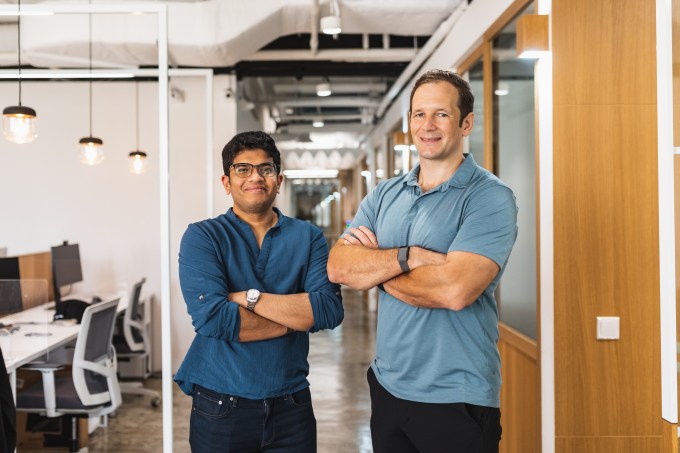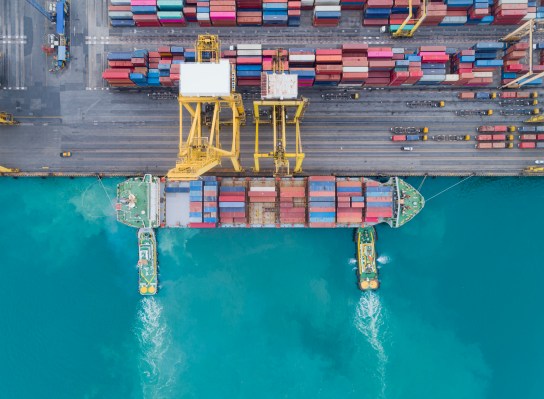Founded in 2019, Singapore-based Greywing was created to help ship operators and other members of the maritime industry make critical decisions. It includes tools for crew change management, predictive reporting of potential risks like piracy and pandemic-related travel restriction updates. Today Greywing announced the launch of a new solution that will help vessel operators track carbon emissions created by crew changes, along with $2.5 million in seed funding. Investors include Flexport, Transmedia Capital, Signal Ventures, Motion Ventures, Rebel Ventures, Y Combinator (Greywing was part of its winter 2021 batch) and Entrepreneur First.
Greywing now enables vessel operators to estimate the potential carbon impact of a crew change before it happens.
The carbon emissions tool takes in data like the current locations of individual crew members, their home ports and potential routing changes. When waypoints are entered, the platform scans for flights that crew members can take. The amount of carbon emissions a flight will create is listed along with its price, so ship operators can book flights that will lower total emissions created without significantly impacting an operation’s costs.
Chief executive officer Nick Clarke explained in an email that 3% of global emissions come from shipping, and about a third of that comes from “scope 3” emissions, or the carbon footprint of factors outside the vessel’s fuel outputs, including crew changes. Many vessel operators are committed to bringing down carbon emissions for ethical reasons; they also need to comply with the International Maritime Organization 2030 and 2050 Decarbonization Targets.
The release of the carbon emissions tool comes three months after Greywing launched Crew Change to help shipping companies manage testing, quarantine and other COVID-19 regulations for their crew members.
Greywing was created in 2019 after founders Clarke and chief technology officer Hrishi Olickel met at Entrepreneurs First in Singapore. Olickel told TechCrunch in an email that before joining the program, which matches potential co-founders, he “knew almost nothing about the maritime industry” because his background was in parametric insurance and robotics.

Greywing founders Hrishi Olickel and Nick Clarke
“What drew me to Greywing’s mission was Nick and the realization that maritime was an essential industry on the verge of digitalization where we could make a difference,” he said.
Greywing was created to reduce the amount of work vessel operators need to do while preparing for a voyage. It draws in data from private and public sources, and turns it into user-friendly and navigable reports (the platform was designed to be mobile first). “Until our operating system came around, decision makers were being fed all of these critical details from separate channels and managing them on different platforms—emails, rudimentary vessel tracking systems, HR ERP, phone calls or even Excel spreadsheets,” Clarke said. “As you can imagine, it can be difficult to digest all these data points and turn them into actionable intelligence,” especially when one wrong decision can be costly, damaging to the environment or dangerous for crew members.
Olickel added that Greywing’s aim is to “move from idle information reporting, which is where the industry currently sits, to real-time decision making and on to predictive alerts,” which is why the startup built its carbon emissions and Crew Change tools.
The new round of funding will enable Greywing to tap into more maritime data sources and develop intelligent vessel management systems that will become more autonomous as the platform’s algorithms increase in complexity.
“Ultimately, this round of funding will help us to use Greywing’s solution to spark a movement within the shipping industry so we can tackle 1% of global carbon emissions that would otherwise go untouched,” said Clarke. “We are already working to have our solution deployed on over 2,000 vessels, which adds up to 3.5% of the world’s commercial fleet. This will remove over 230,000 tonnes of carbon from the earth’s atmosphere; the equivalent of taking seven vessels off our oceans.”
